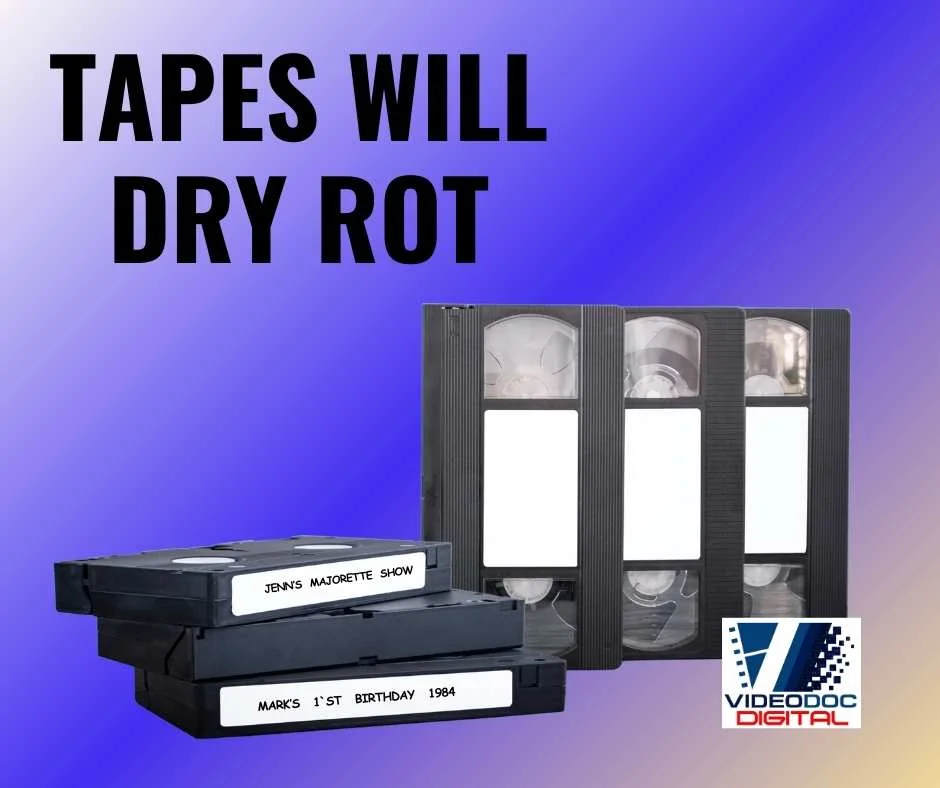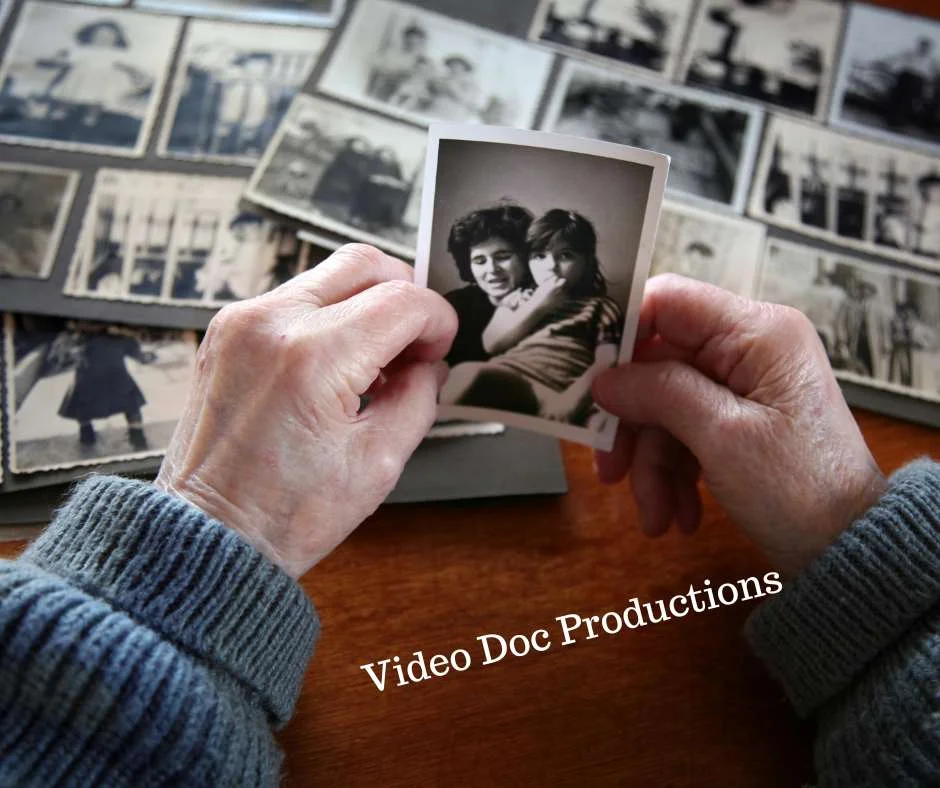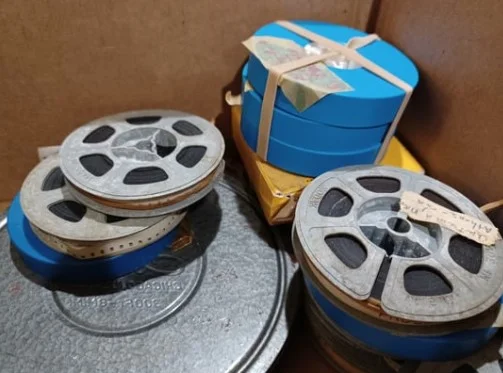Home Movie Film Will Deteriorate
Why will my home movie film deteriorate?

Safety motion picture film (so called because it is not flammable like nitrate base film) was almost always made of cellulose acetate plastic. A key issue in preserving this type of film is controlling the form of decay known as "vinegar syndrome." More properly referred to as acetate film base degradation, vinegar syndrome is a very similar problem to nitrate base deterioration. Its causes are inherent in the chemical nature of the plastic and its progress very much depends on storage conditions.
The symptoms of vinegar syndrome are a pungent vinegar smell (hence the name), followed eventually by shrinkage, embrittlement, and buckling of the gelatin emulsion. Storage in warm and humid conditions greatly accelerates the onset of decay. Once it begins in earnest, the remaining life of the film is short because the process speeds up as it goes along. Early diagnosis and cold, moderately dry storage are the most effective defenses.
Testing for Vinegar Syndrome
A Simple test is to open them and smell the film. If it has any type of strong chemical smell or vinegar smell, it is in bad shape and must be digitized sooner, rather than later.
Technical Testing: A handy way to test film for the presence of vinegar syndrome is the use of A-D Strips, small strips of specially treated paper that change color to indicate the severity of degradation.
Under normal room conditions, the strips are placed inside a film can for a day or so; the colors of the strips are then compared to a color chart that is calibrated in stages of film deterioration. A-D Strips can detect vinegar syndrome before there is a noticeable vinegar odor. If a film is in advanced stages of vinegar syndrome, it needs cold/frozen storage or duplication in order to preserve it. A-D Strips won a Technical Achievement Award from the Academy of Motion Picture Arts and Sciences in 1997. They can be purchased from the Image Permanence Institute.
More Information Transfer your home movie film to a new digital format. Don't wait any longer as time is your enemy!
Call 352-728-0602 or visit our home movie transfer page.























